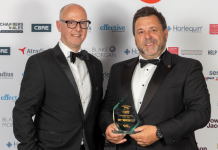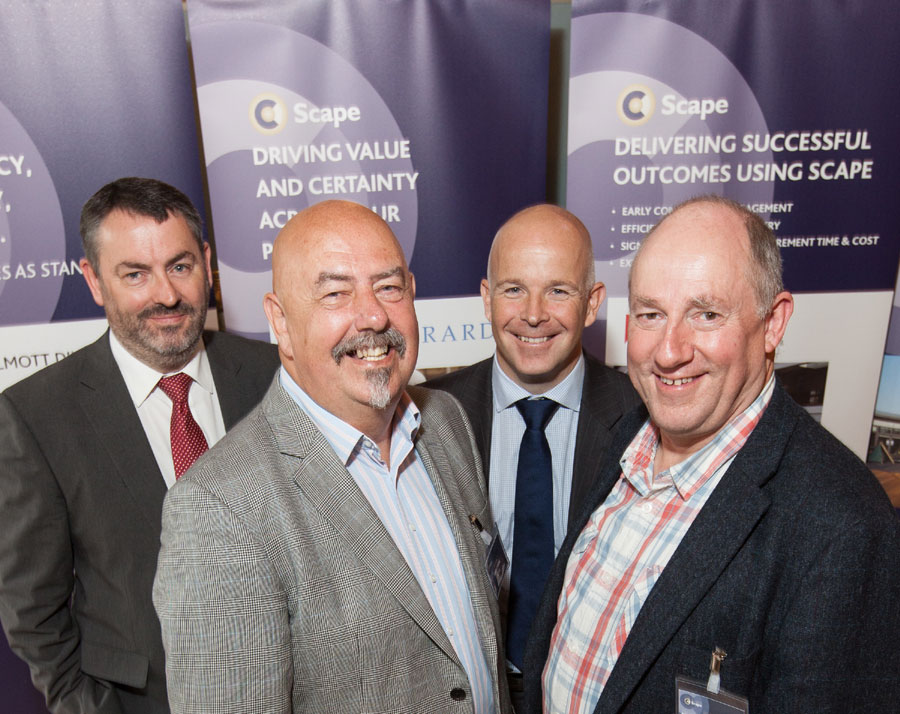Businesses from across the South West gathered at Bristol Zoo on Wednesday, October 9 for a seminar on how effective procurement can lead to job creation and company growth within the construction industry.
The seminar, titled, ‘Procurement Without Boundaries’ was organised by SCAPE, the national and regional procurement framework enabling the UK public sector to procure construction services quicker and more efficiently.
SCAPE is designed to further drive down the cost of procurement and construction for South West public sector organisations and aims to create jobs and boost opportunities for local companies over the next four years.
SCAPE, together with its framework partners, Faithful+Gould, Pick Everard, Willmott Dixon and Kier organised the event which showcased four speakers who provided an insight into the business benefits of being on a construction framework.
SCAPE’s frameworks are worth £3bn and over the last decade SCAPE has delivered over 1,200 projects on time and in budget for 250 public sector clients.
The seminar included presentations by Mark McSweeney of North Somerset Council – a major client user of the Framework who discussed how the Authority achieved significant programme savings; Paul Wilson, Managing Director of Provelio Project Management who presented concepts for removing uncertainty in the procurement to delivery process; and Professor Will Hughes, of the School of Construction Management & Engineering, University of Reading, who provided an insight into the future of procurement methodologies for the construction industry.
Alan Coole, SCAPE director, said: “It was encouraging to see so many businesses attend this seminar. It is more important now than ever before for businesses to realise the benefits of being on a framework like SCAPE and North Somerset Council was an excellent exemplar local authority to provide first-hand experience of using this framework.
“SCAPE’s frameworks are becoming increasingly sought after with the number of public bodies using SCAPE’s services – doubling over the last two years. It is important that this new framework focuses more than ever before on supporting local people and local businesses in a tough economic climate.”



















